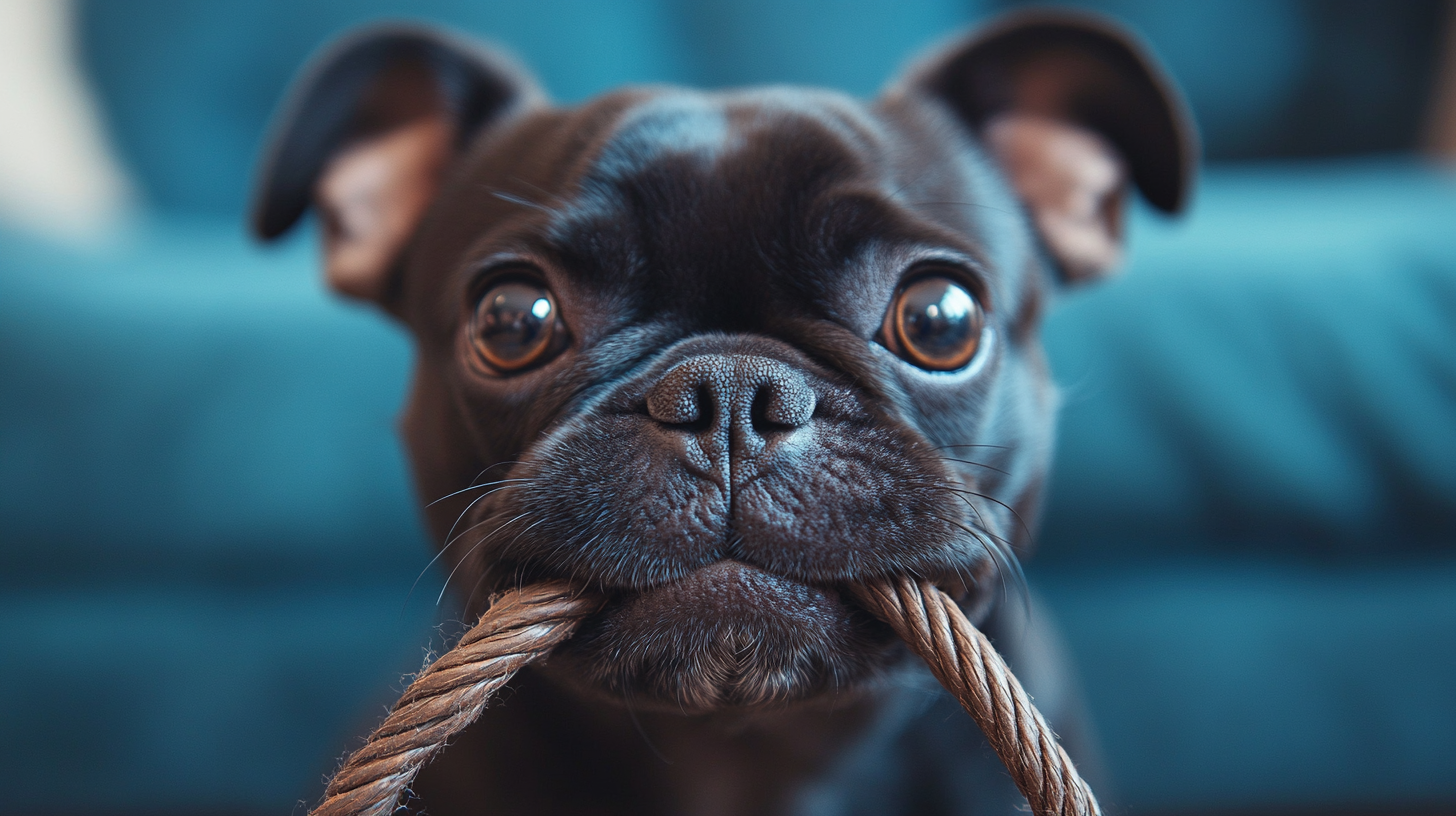How to Stop Unwanted Chewing in Dogs and Puppies
3 min read
Unwanted chewing can be a frustrating challenge for pet owners. Puppies, in particular, are known for exploring their environment with their mouths, but adult dogs can also develop chewing habits that lead to destructive behavior. Here are some effective strategies to help you stop unwanted chewing and redirect your dog's attention.
1. Understand the Cause
Before addressing the issue, it’s important to understand why your dog is chewing on inappropriate items. Common reasons include:
- Boredom or lack of physical exercise
- Anxiety or stress
- Teething discomfort in puppies
- Exploration or curiosity
Identifying the root cause will help you tailor your approach.
2. Provide Appropriate Chew Toys
One of the best ways to deter unwanted chewing is to ensure your dog has plenty of appropriate chew toys. Look for toys that are durable, safe, and suited to your dog’s chewing style. Here are some ideas:
- Rubber toys filled with treats or peanut butter
- Dental chews that promote oral health
- Interactive toys that stimulate mental engagement
Rotate the toys regularly to keep your dog interested and engaged.
3. Increase Exercise and Mental Stimulation
Physical exercise and mental stimulation are key components to reducing unwanted chewing. Take your dog on daily walks, engage in play sessions, or enroll them in training classes. Puzzle toys that require problem-solving can also help keep their minds active, reducing the desire to chew on furniture or other objects.
4. Use Deterring Sprays
If your dog has a favorite item they enjoy chewing, consider using bitter-tasting sprays available at pet stores. These sprays are designed to deter dogs from chewing on furniture and other household items. Make sure to test the spray on a small area first to ensure it does not cause damage.
5. Establish a Consistent Training Regimen
Training your dog to understand what is acceptable to chew is vital. Use positive reinforcement by rewarding your dog when they chew on their toys instead of prohibited items. If you catch them chewing something they shouldn’t, redirect them immediately to an appropriate toy and praise them when they comply.
6. Manage Your Dog’s Environment
To prevent your dog from chewing on household items, manage their environment carefully. Consider using baby gates to restrict access to certain rooms or areas of the house. Keep valuable and unsafe items out of your dog’s reach, and ensure they are supervised during playtime.
7. Address Anxiety Issues
If your dog's chewing is a result of anxiety or stress, consult with a veterinarian or a professional dog trainer. Techniques such as desensitization, counter-conditioning, and possibly medication can be effective in addressing anxiety-driven chewing behaviors.
Unwanted chewing can be a manageable behavior if approached with patience and consistency. By understanding the reasons behind the behavior, providing appropriate alternatives, and maintaining a positive training environment, you can help your dog develop better chewing habits. Remember, with proper guidance and support, your dog can learn to become a more well-behaved companion.


